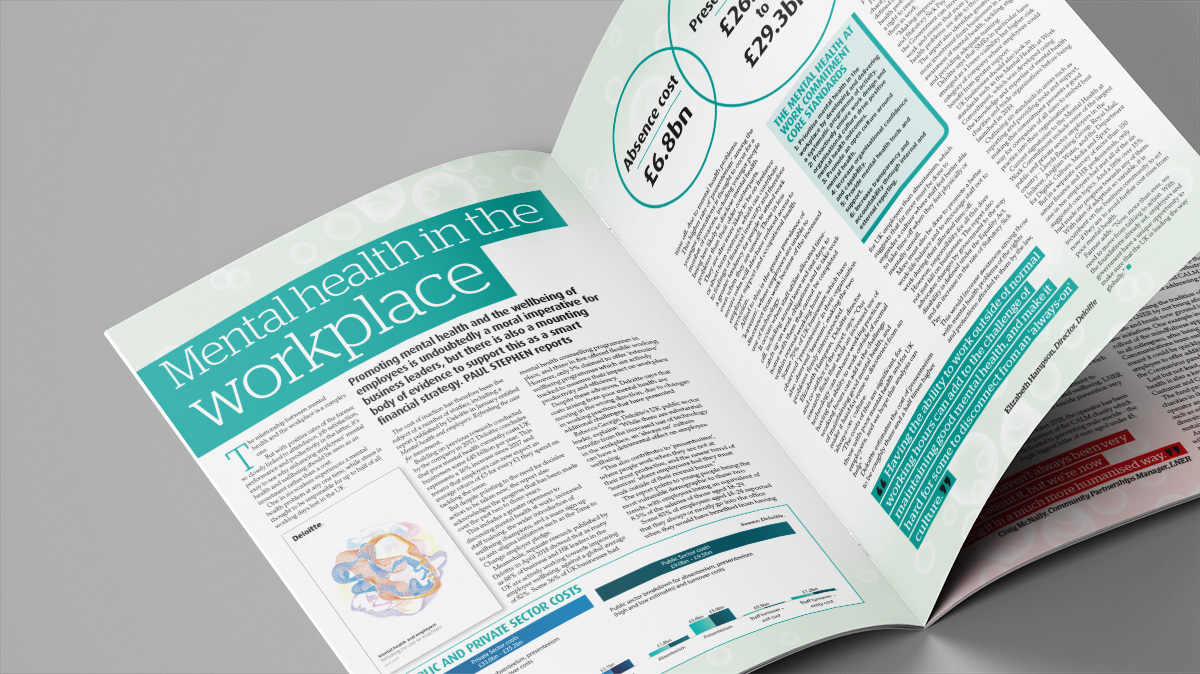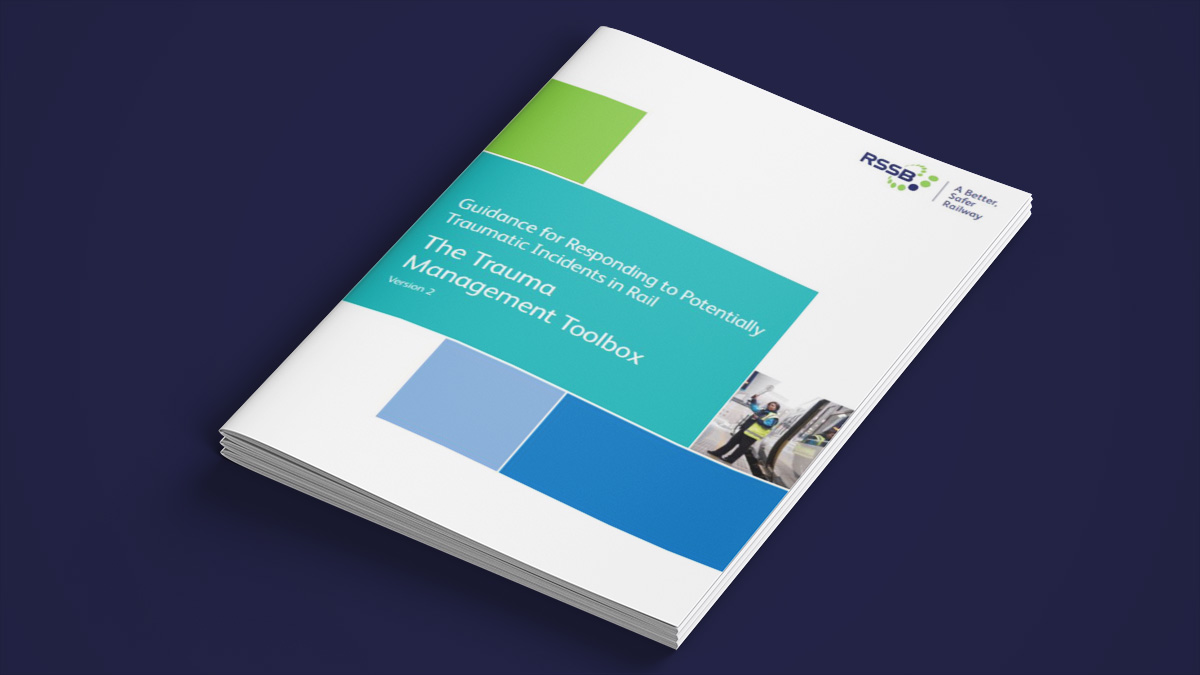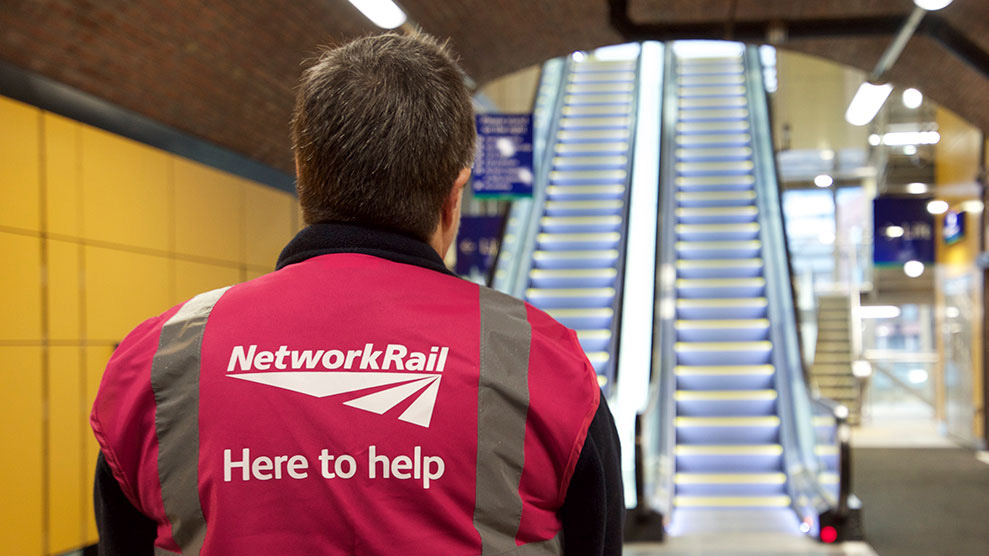“There has never been a more important time than now to talk openly and honestly about how we’re feeling, and to listen and take stock of how others are feeling.”
Those were the words of Rail Minister Chris Heaton-Harris, in his keynote speech at RAIL’s first ever webinar on 1 July.
More than 450 people registered to join Supporting each other: mental health and the railway, which was broadcast in association with the 24-page mental health and wellbeing supplement published in RAIL 908 (www.railmagazine.com/special-reports/mental-health-issue-908).
In his opening address, Heaton-Harris paid tribute to the dedication, professionalism and passion shown by frontline rail staff in keeping fellow key workers and vital freight flows on the move since the beginning of the Coronavirus pandemic.
But he also acknowledged the increased mental strain that this has placed on rail staff, against a backdrop of more widespread feelings of stress and anxiety that have been experienced throughout the population since the start of lockdown measures on March 23.
“As a country, we’ve endured this upheaval, uncertainty and a new phenomenon – isolation – as we work together to stem the tide of this virus and save lives,” he said.
“It’s never been more crucial for everyone in this industry – from the cleaners to the signallers, engineers, drivers, station staff and everyone else – to get the right support for their mental health.”
He said that even without the pandemic, the facts were stark for an industry in which 60{08402cc4e02dcaebae1e086294c932f9e8c0e4836b71c17abd5ce9cddb0123b9} of the workforce is thought to have experienced mental health issues.
Other speakers included HM Chief Inspector of Railways Ian Prosser CBE and Network Rail’s Suicide Prevention Programme Manager Ian Stevens MBE.
The webinar was chaired by RAIL Managing Editor and Events Director Nigel Harris, who said: “RAIL has long supported the industry’s efforts to promote mental health and wellbeing. And rarely has it felt more relevant than at the present, as we grapple with the emotional strain posed by COVID-19, social distancing and the general lockdown of society.


